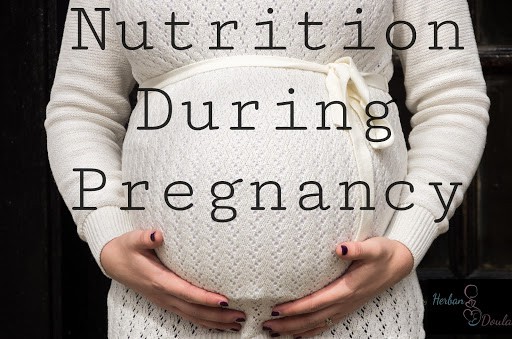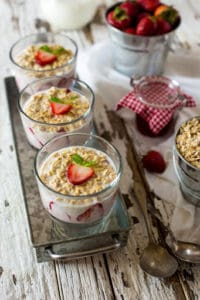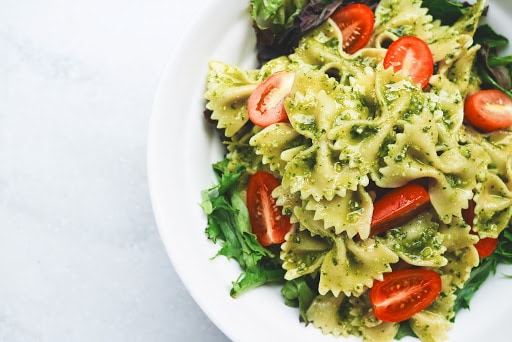Nutrition During Pregnancy
By Carrissa Smith

DID YOU KNOW?
A pregnant woman needs more iron, protein, folate, and calcium in her diet than a woman who is not expecting.
 Calcium is a mineral that our bodies use to build our teeth and bones. According to the Academy of Nutrition and Dietetics, calcium will be taken from the mother’s stores in her bones and given to the baby if she doesn’t consume enough. 1,000 milligrams of the mineral is needed for pregnant women age 29 and up; pregnant teens age 14-18 need 1,300 milligrams daily (according to American College of Obstetricians and Gynecologists). Vitamin D works with calcium to build bones and teeth, and many dairy products contain it also.
Calcium is a mineral that our bodies use to build our teeth and bones. According to the Academy of Nutrition and Dietetics, calcium will be taken from the mother’s stores in her bones and given to the baby if she doesn’t consume enough. 1,000 milligrams of the mineral is needed for pregnant women age 29 and up; pregnant teens age 14-18 need 1,300 milligrams daily (according to American College of Obstetricians and Gynecologists). Vitamin D works with calcium to build bones and teeth, and many dairy products contain it also.
Where can you get it?
Kale, bok choy, leafy greens, milk, yogurt, calcium-fortified foods.
Folic acid, also known as folate when found in food, is a B Vitamin. It is important in helping prevent neural tube defects, which are defects of the baby’s brain and spine. It is recommended that women begin taking 400 micrograms per day prior to becoming pregnant, and increasing to 600 micrograms during pregnancy.
Where can you get it?*
Leafy green vegetables, pastas, breads, enriched cereals, citrus fruits, beans.
*Folate is difficult to get with diet alone. Therefore, most prenatal vitamins contain the recommended daily amount.

Protein is important during pregnancy as it helps build the baby’s organs, such as the brain and heart. Most women get enough protein everyday. Even if the mother doesn’t consume meat, there are plenty of plant-based sources for protein.
Where can you get it?
Beans, peas, eggs, nuts, tofu, meat, poultry, fish.
Iron is needed to make more blood. This supplies the baby with oxygen. 27 milligrams of iron is needed everyday during pregnancy. That’s DOUBLE the amount needed by women who are not expecting. Too little iron can result in anemia, a condition leading to increased risk of infection and fatigue. Vitamin C is needed to help increase iron absorption, and should be consumed at the same time. Many women choose to take an iron supplement while pregnant.
Where can you get it?
Meat, fish, poultry, dried beans and peas, iron-fortified cereals, Floradix Floravital liquid iron supplement.
Remember that your goal should be a healthy, balanced diet of fruits, vegetables, lean proteins, dairy, and whole grains. Eating for two doesn’t mean doubling food intake. The average, healthy pregnancy requires only 300-500 more calories per day than the standard 2000 calories required by non-pregnant women.
Fruits and vegetables add variety, fiber, minerals, vitamins, and not a lot of calories. Focus on getting 5-10 servings a day.
Lean proteins should be eaten at every meal; 3-4 servings of dairy foods a day. Whole grains are an important source of energy, and they provide iron, fiber, and B Vitamins. At least half of a pregnant woman’s carbohydrates should come from whole grains. Great sources are oatmeal, whole wheat pasta, whole wheat bread, and brown rice.
About Carrissa


